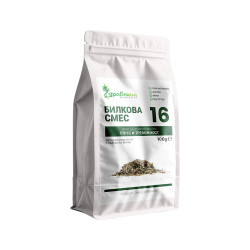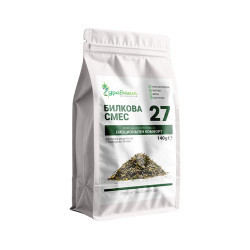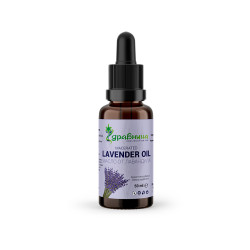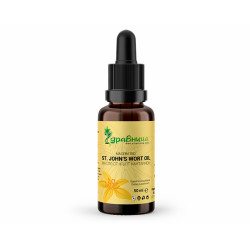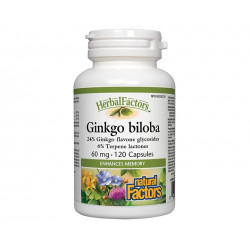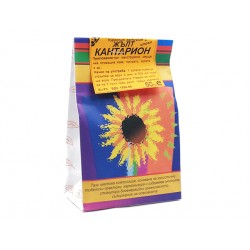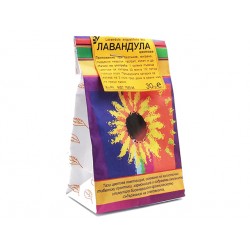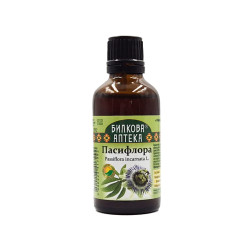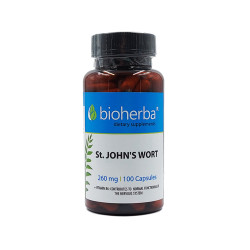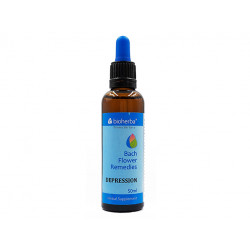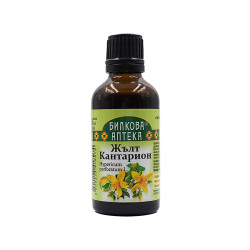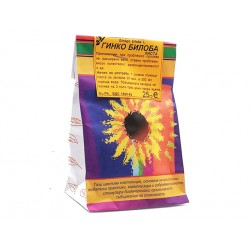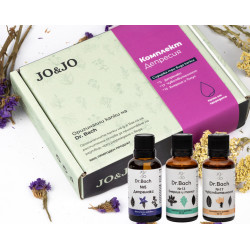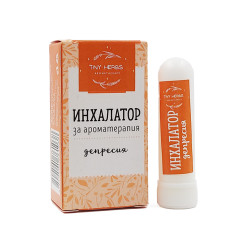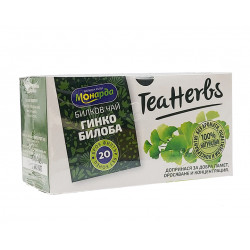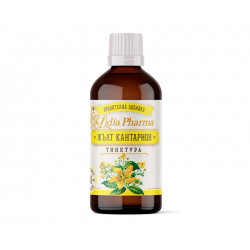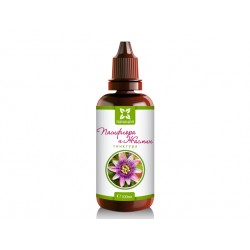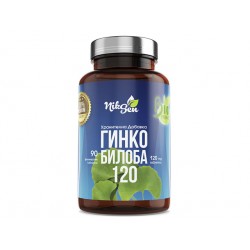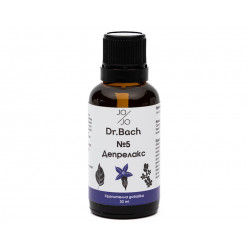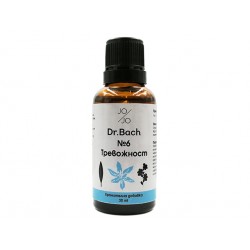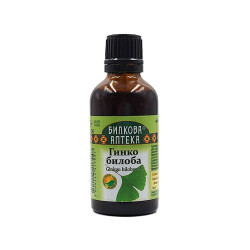When we turn to natural mood enhancers, help comes from nature. According to WHO data, every fourth person faces mental suffering. However, far from everyone affected admits that they need help - be it psychological or medicinal therapy, or a lifestyle change. Medically speaking, depression is a mental illness that is characterized by depressed mood, loss of joy, interest in life and others, and motivation. It is in the beginning and milder forms that certain medicinal plants can be applied with great success.
1. Ginkgo biloba
It is one of the oldest tree species in the world and contains important biologically active substances that suppress the breakdown of neurotransmitters such as dopamine and serotonin. In addition, the herb improves blood supply to the brain. Ginkgo biloba also helps us cope with stress and reduces anxiety.
2. St. John's wort
The herb has been used for centuries and is considered the most effective remedy for depression, stress, exhaustion, and fear. St. John's wort stimulates the metabolism and strengthens the immune system. It regulates the level of certain hormones in the blood. And it can counteract mood swings, which are precisely due to the lack of hormones. The transmitters of dopamine, serotonin, and melatonin, which affect sleep and mood, increase after regular intake of the herb. The first significant improvements should be felt after 2-4 weeks. According to a recent study of 3,000 patients with insomnia, every second person was able to sleep normally again after a 4-week course of treatment with St. John's wort.
3. Lavender
The herb helps us by making us more stable and upright, not broken in spirit and getting out of the vicious cycle of stress, insomnia and low energy. Its relaxing effect also affects our muscles.
4. Passionflower
The herb comes from the jungles of Central and South America, where it was used by natives as a sedative. It has a very good effect on anxiety and stress. It acts "gently" on the biochemical processes in the body and is suitable above all for mild depression. What specific components of passionflower make it such a "gentle" helper in the fight against depression is still unclear, scientists point out.




